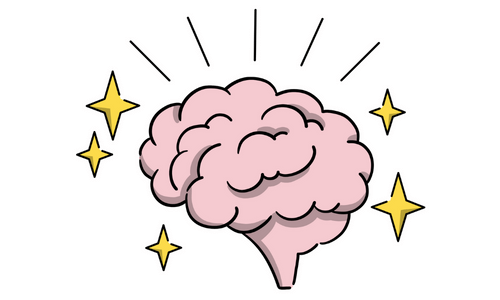What Is Transfer Appropriate Processing?
Match Locations
It has even been shown that the context and surroundings in which information is learned play a role in how well it is remembered. In an experiment conducted in the 1970’s, it was found that even the location where encoding takes place has a profound effect on the retrieval of the information. Subjects were placed into two groups. One group had to study under water. The other group had to study the same information on land. These groups were then divided so that half were tested for recall on land and half were tested under water. The results showed that the best recall occurred when subjects learned and were tested in the same location. The retrieval and encoding conditions were thus matched, specifically with regard to location.
For optimal memory, processing needs to take place at a deep level: one needs to elaborate on the information, making it meaningful in order to generate connections. However, the Transfer Appropriate Processing theory suggests that memory will be best when the processes engaged during encoding match those engaged during retrieval.

I am text block. Click edit button to change this text. Lorem ipsum dolor sit amet, consectetur adipiscing elit. Ut elit tellus, luctus nec ullamcorper mattis, pulvinar dapibus leo.
Frequently Asked Questions
What is Transfer-Appropriate Processing (TAP)?
It’s the idea that memory isn’t only about depth of processing; recall is best when the processes at encoding match the processes at retrieval (how you learn should mirror how you’ll be tested or use the info).
Does deeper processing always guarantee the best recall?
Not always. Deep processing helps, but matching the task at learning with the task at recall can boost memory. Even when the original encoding wasn’t the “deepest.” (E.g., rhyming practice improves performance on a rhyming test.)
Does context or location really affect recall?
Yes. Classic findings show better recall when learning and testing happen in the same environment (e.g., learned underwater → recalled best underwater). That’s TAP applied to physical context.
How can I apply TAP when designing training or explainer videos?
Design learning to mirror the eventual retrieval: use the same terminology, similar tasks, and consistent visual/audio cues learners will face later. If you’re producing explainers, keep icons, labels, and narration style consistent between training and job-use scenarios; this aligns encoding with later retrieval. (This follows the article’s principle that recall improves when encoding and retrieval conditions match.)
Where does simpleshow video maker fit without overcomplicating things?
Once you outline the real-world task, simpleshow video maker helps you turn it into clear, on-brand scenes so practice looks and sounds like the situation where knowledge will be used—supporting TAP through consistent visuals and narration. (Application of the article’s TAP guidance to video creation.)

